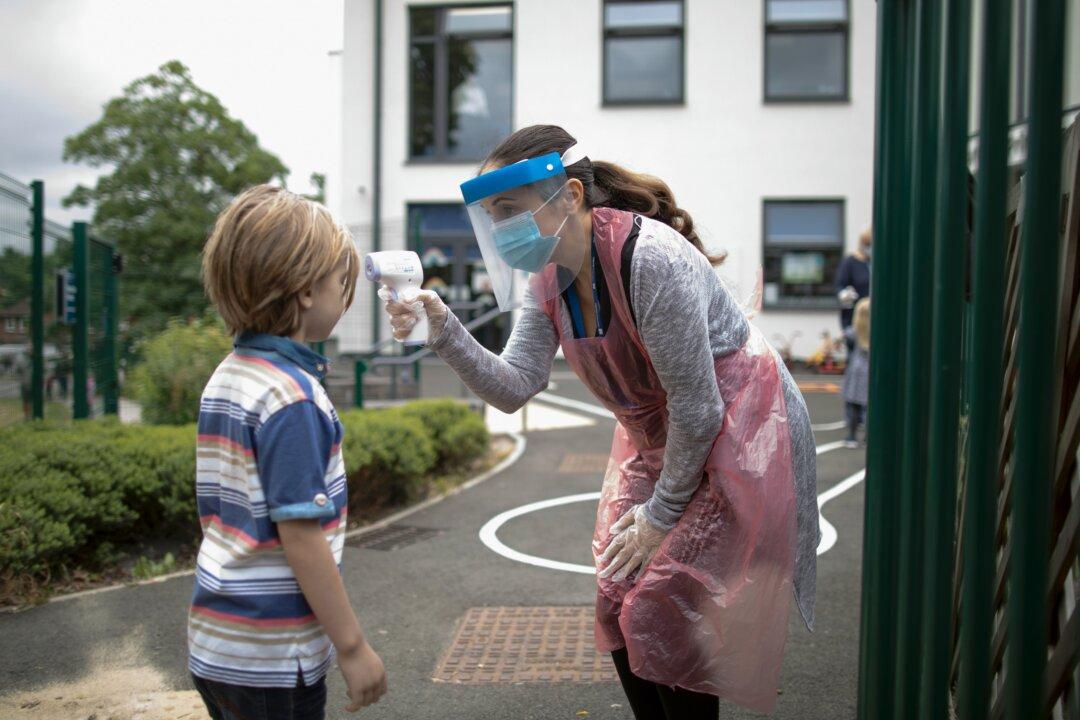The interruption of education during COVID-19 lockdowns “damaged a generation,” England’s former Chief Medical Officer (CMO) Dame Sally Davies has said.
Giving evidence to the COVID-19 Inquiry on Tuesday, Davies, who is now the master of Trinity College, Cambridge, said education “has a terrific amount of work to do” to mitigate the impact on children and students.





